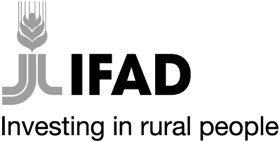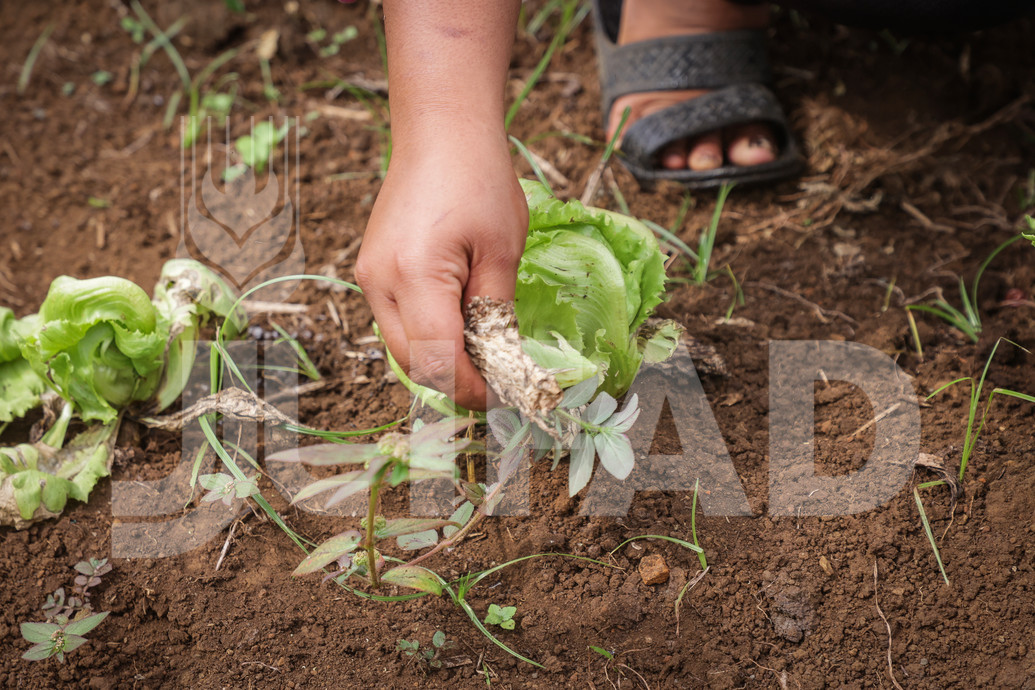| ID: | 86670 |
|---|---|
| Country: | Tonga |
| Title: | Tonga - Pacific Islands Rural and Agriculture Stimulus Facility (PIRAS) - November 2022 |
| Description: |
Paita Sitake, 30 years old (detail of her weeding her lettuce plot), and her mother, Pepetua, come from Ha’akame, a small village located on the southwestern shore of Tongatapu, Tonga’s main island. Paita is hearing impaired and has difficulty with communication. They, and other women in their small community, faced many challenges due to COVID19, all of which were compounded in the aftermath of the January 2022 Hunga Tonga Hunga Ha’apai (HTHH) volcanic eruption and tsunami. The IFAD-funded Pacific Islands Rural and Agriculture Stimulus Facility (PIRAS) provided recovery intervention across 62 communities at this critical time, including in Ha’akame, helping to alleviate hardships and empowering the islanders to enhance food production for their families. “We were facing really difficult times. We were starting to lose faith and felt anxious as to where we would source our livelihoods. We heard from the radio and word of mouth about PIRAS and inquired about recovery assistance from their office in the town. We were pleasantly surprised by the hospitality and over the next few days we agreed to set up a community vegetable plot,” explained Pepetua. MORDI Tonga Trust is the local implementing partner for PIRAS, which complements the IFAD-funded Tonga Rural Innovation Programme (TRIP II) project. Working in partnership and with the financial support of DFAT (AUSAid), PIRAS provided COVID19 recovery intervention to tackle the urgent agricultural needs emerging from HTHH. TRIP II helps the islanders develop and implement their community-driven development plans, and supports them to increase production capacity of nutritious, locally grown foods. Using their small plot of land, MORDI helped Pepetua and Paita and 10 others start a women’s development group community garden. MORDI extension workers ploughed the land in preparation for planting and installed fencing to protect the vegetables from free-roaming livestock. The group also received training on improved farming and gardening practices, as well as seeds, seedlings, tools and other inputs to get them started. “We were so happy with the extent of the assistance we received from PIRAS and to work alongside the MORDI team as we learned how to sow the seeds and work in groups. It was such a difficult time, with hardly any vegetables available in the market. We turned to growing our own vegetables to help supply our families with food. Now, at times, there is so much we can’t keep up with it all. We have plenty to eat, we give vegetables away to neighbours, and we still have enough to sell at the market,” said Pepetua. Paita is very active selling the tomatoes, carrots, onions, lettuce she produces at the local market, and is happy with the income she earns that allows her to buy the things she needs. “The most important thing for us as a group was that we were able to directly source and meet our needs from our own gardens,” told Pepetua. During COVID and after the HTHH disaster, we wanted to cook with vegetables but either couldn’t find them in the market or didn’t have the money to buy them. Now, we are able to get what we need when we need it.” The women enjoy socializing and working together, shouting with joy, sharing laughs and having an overall great time. They help each other with the watering, weeding and hoeing, bringing them together as a group. Already, they speak of possible expansion to start growing other crops like sweet potatoes or peanuts. |
| Size: | 13.14 MB; 5472 x 3648 pixels; 463 x 309 mm (print at 300 DPI); 1448 x 965 mm (screen at 96 DPI); |
| Show more details: | Barbara Gravelli |
| Copyright: | ©IFAD/Barbara Gravelli |
| Categories: | New from Asia and the Pacific |

